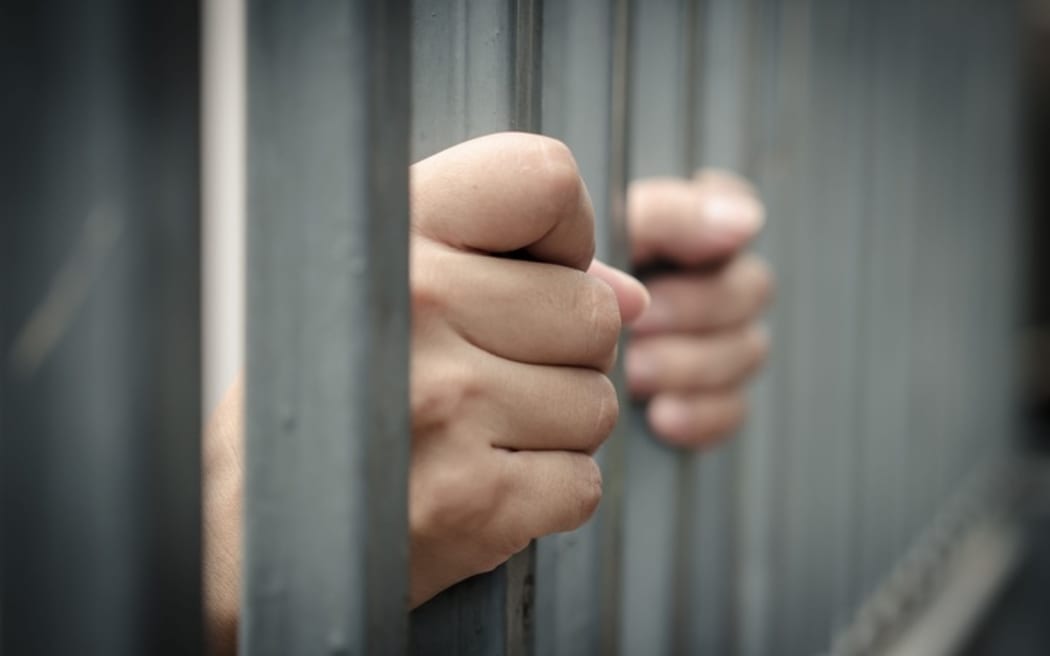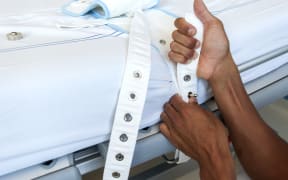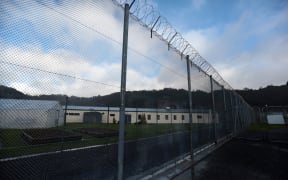New Zealand's high use of seclusion and restraints in prisons and other facilities has been criticised in an international report on the practices.

Photo: 123.rf
The report, Thinking Outside The Box, looked at how seclusion was used in prisons, health and disability units, a youth justice residence, a children's care unit and police cells.
Report author Sharon Shalev, a British criminologist and expert in seclusion studies, visited 17 prisons, police cells, mental health units and children's care facilities last year.
She found prisoners in New Zealand were four times more likely to be put into seclusion than prisoners in England and Wales.
Many seclusion rooms were bare and in a number of cases lacked a toilet, fresh drinking water or a means to call staff.
Māori were over-represented and women more likely than men to be put on their own for longer, the report said.
It recommended seclusion and restraints be reduced significantly and used only in the most extreme cases, and the use of restraint beds and chairs should be abolished.
The report was ordered by the Human Rights Commission and carried out with UN funding.
Chief Human Rights Commissioner David Rutherford said New Zealand had to improve its culture around the use of seclusion.
"The report indicates that seclusion and restraint may not always be used as a last resort option, as required by international human rights law," he said.
"The focus must now be on improving the situation. Dr Shalev's report provides an important catalyst for further discussion about these issues."
'Great chance' to resolve issue of children in police cells
Dr Shalev criticised the placing of children and young people in protection and care units that are identical to adults' segregation units in prison.
Children's Commissioner Andrew Becroft, one of five officials who called for the report, said the practice of remanding children in police cells must end.
"With the new legislation before Oranga Tamariki ... this is a great chance, probably the only chance in our lifetime, to grasp the nettle on this issue and resolve it once and for all."
He said New Zealanders could not assume this country had an unblemished human rights record.
"What's crucial is we realise that we're not exempt from these international standards, that a mirror is held up to our behaviour.
"Indeed it's often been said that if you walk into a prison that's the easiest way that you can properly judge a civilisation."
Corrections not equipped to deal with inmates' mental health
The report found mechanical restraints were degrading, and Dr Shalev was particularly alarmed at the use of tie-down beds and restraint chairs.
Her report criticised the way at-risk inmates are housed, describing cells as mostly identical to what solitary confinement looked like, which is prohibited by international standards.
Alcohol and Drug Assessment and Counselling clinical director Roger Brooking said this was clear evidence Corrections was failing to deal with prisoners with mental health problems correctly.
"There are no full time doctors that work in any prison in New Zealand. There is no psychiatrist. For prisoners who have mild to moderate mental health problems - conditions like post-traumatic stress disorder, ADHD, depression, anxiety - which are quite debilitating but not so visible to your average prison officer, there is very little treatment available."
Mr Brooking said responsibility for health care of prisoners should be removed from Corrections and given to the area's district health board.
Corrections response
Corrections chief custodial officer Neil Beales said in the last three years only 12 of the more than 7000 inmates in at-risk units had been restrained on a tie-down bed. If they had not done so, he said, those people would be dead.
"When you are watching a person rip open their own wounds, shove faeces into those wounds, shove plastic forks into those wounds, bite through their own skin, and when you've exhausted every other avenue in order to prevent from doing that - what are you left with?"
Mr Smith told Morning Report Corrections would be keeping tie-down beds but they were now limited to just four prisons. It was investing $14 million in mental health services, prisons would have mental health workers, and women's prisons already had social workers and counsellors.
In New Zealand, in the last year there was one suicide; in England and Wales there was one suicide every three days, he said.
Recommendations
- Seclusion and restraints be reduced significantly and used only in the most extreme cases and for a short time
- The use of restraint beds and chairs should be abolished
- Minimum standards of living conditions
- All cells and rooms should have a means of attracting the attention of staff
- Data on the use of seclusion and restraints should be better recorded and analysed for trends
- The overrepresentation of Maori in seclusion and segregation units be investigated
- The higher use of segregation techniques on women prisoners be investigated




